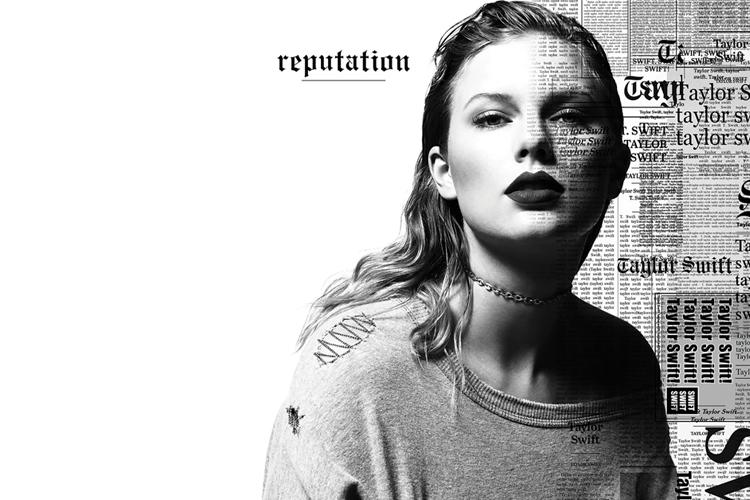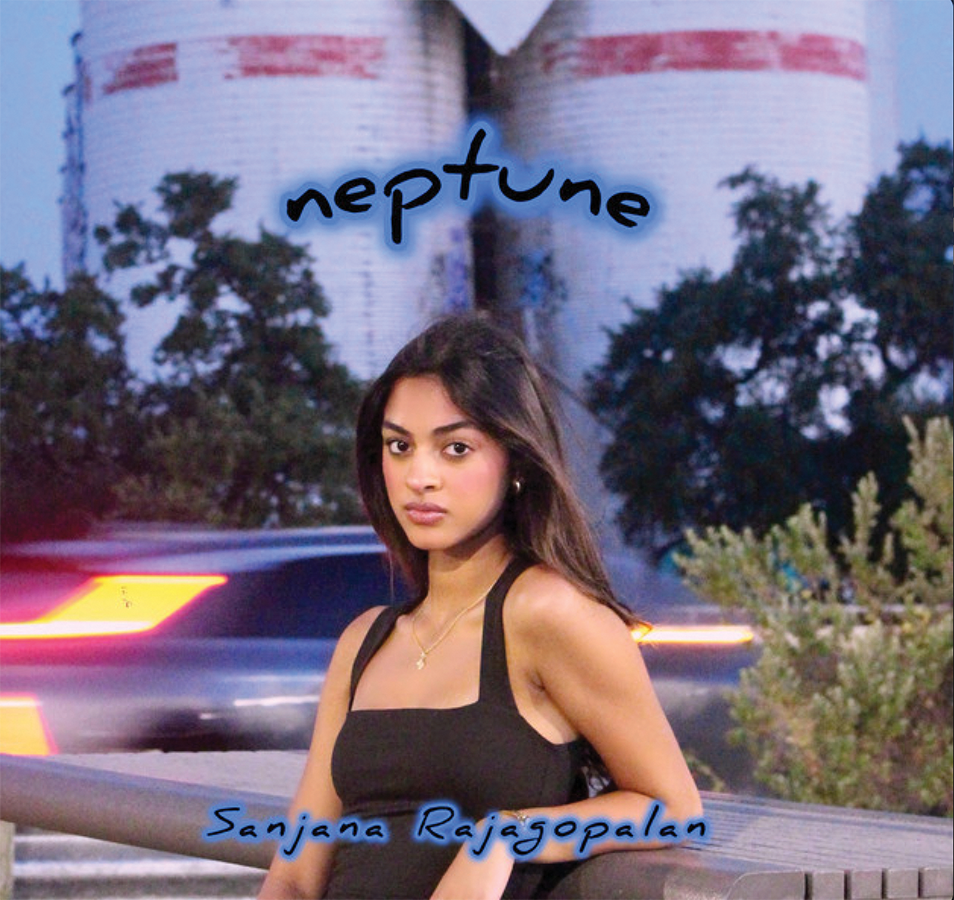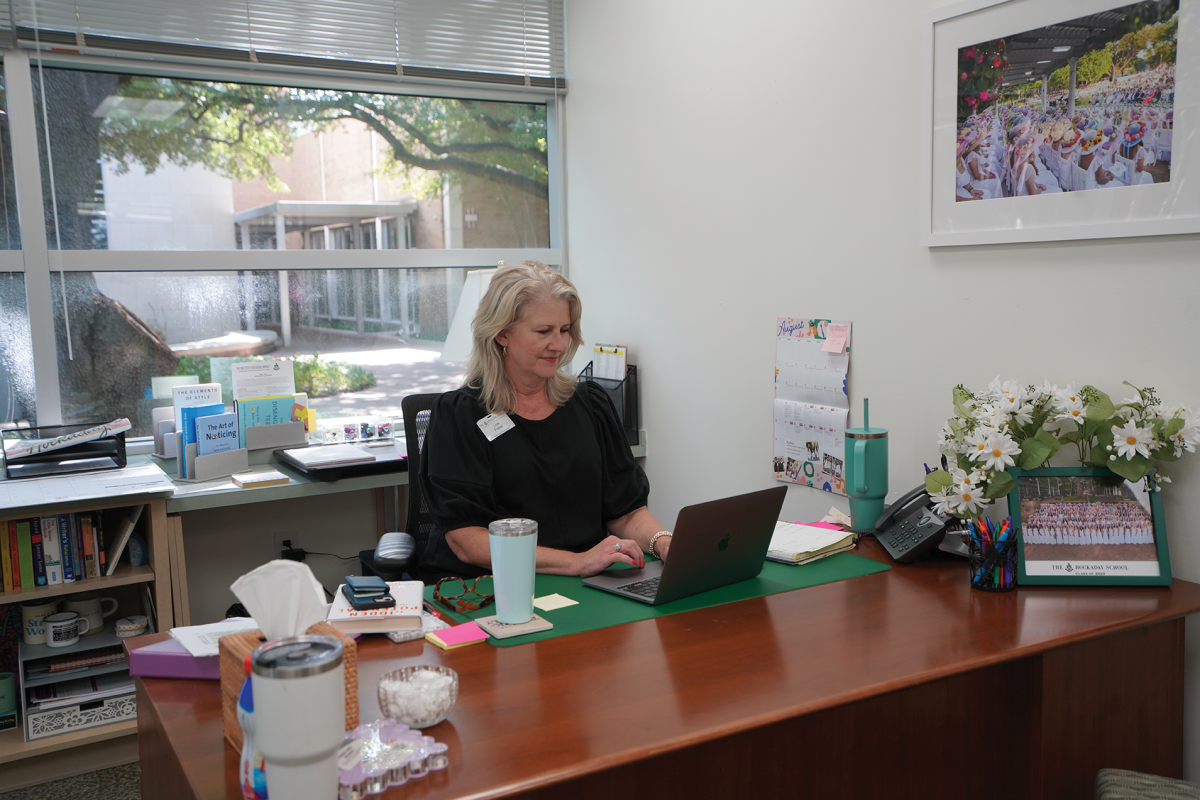Like it or not, Taylor Swift is back—synth-pop and bass booming.
On Friday, Nov. 10, 2017, Swift released her sixth album, “Reputation,” on iTunes. Already, sales have soared, with the album selling 700,000 copies in its first 24 hours in the U.S.
“Reputation” is, according to Swift, linear in nature. As she described to a group of SiriusXM subscribers, “It starts out kind of where I first was when I first started making the record. The album ends more with where I am now in my life.”
This linear progression—one of many indications of a singer who is focused and in control of her art—clicks beautifully. Listeners follow on an emotional journey that ultimately lands in a refreshingly composed space, epitomized by the ballad “New Year’s Day,” which is the final song in Swift’s 15-track album.
But first, Swift shares with us blunt recognition of her controversial public image, sprinkled with hints of frustration and rebelliousness.
Swift opens the third song of her album, “I Did Something Bad,” with a dark and brooding tone. Tension builds effectively in the lyrics of the song as Swift sings of her inadvertent talent for attracting “narcissists” and “playboys,” finally exploding in the chorus by asking, “They say I did something bad / then why’s it feel so good?”
With a mature and powerful voice, and snarky lyrics that comment on how “They’re burning all the witches, even if you aren’t one,” Swift displays both her signature mastery of songwriting and an invigorating mastery of her public image. In short, opening songs like “I Did Something Bad” and the soulful “Don’t Blame Me” begin “Reputation” with sheer energy and raw emotion.
Such concentrated emotion begins to drizzle into a variety of other sentiments in the second half of the album. “Getaway Car,” the album’s ninth track, again opens with a display of Swift’s knack for word-play with phrases like “It was the best of times, the worst of crimes” and “the ties were black, the lies were white.”
The “Getaway Car” in the song is a playful metaphor for Swift’s ability to escape from one doomed relationship to another, and Swift effectively crafts her narrative with an impassioned, urgent tone of voice and a melodic chorus.
Moving through the playfully reprimanding “This is Why We Can’t Have Nice Things” and the mellow, love-struck “Call It What You Want,” Swift ends her album on an extremely strong note with her final song and ballad, “New Year’s Day.”
Decorated with only spare piano accompaniment and simple instrumentals, Swift’s bare vocals, so familiar from her previous albums, take the spotlight. Gently describing a realistic, lasting romance, Swift pleads, “Please don’t ever become a stranger / Whose laugh I could recognize anywhere.”
“New Year’s Day” is a stand-out from the overall powerhouse of “Reputation,” with its striking simplicity and sweetness.
Really, the entire journey that is “Reputation,” in all of its passion and persistence, is an enjoyable one. Swift understands her current image, even admitting in the song “Delicate” that “my reputation has never been worse.”
But even so, her songwriting and her risk-taking have never been better. “Reputation” is a unique look into Swift’s mind and a powerful revival of the world’s leading country-turned-pop artist.
Story by Elizabeth Guo
Photo courtesy of iTunes













